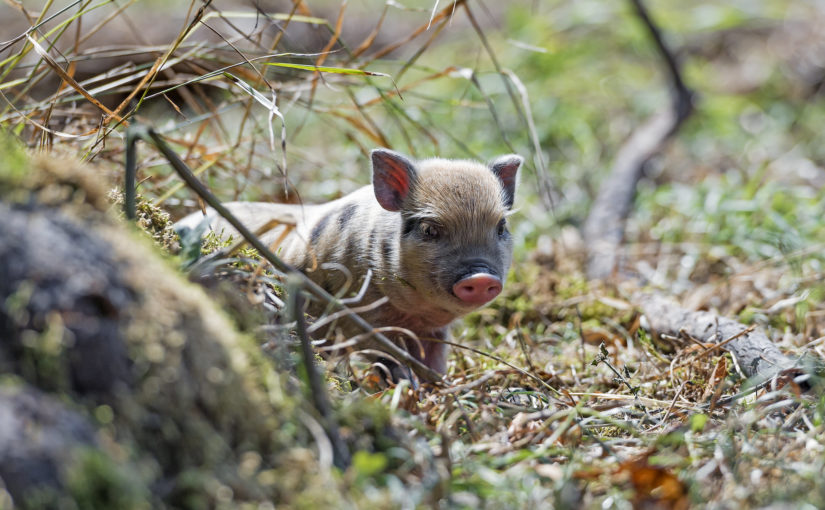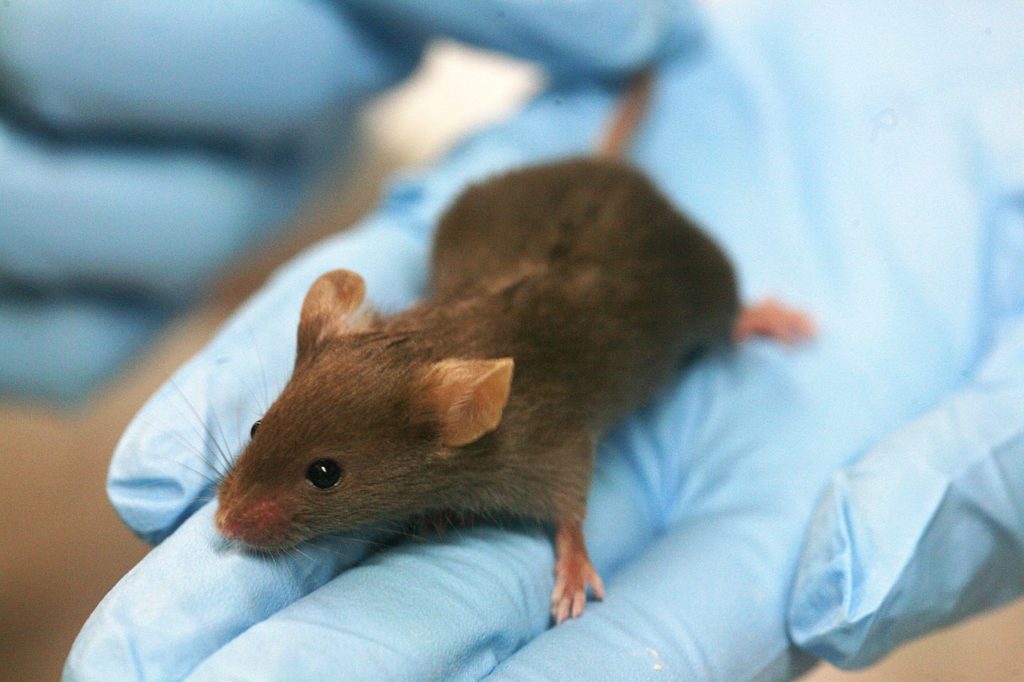This is the second part of a series (most likely of three parts) on ethics in intellectual property law. The first part is available here: “is there a role for ethics in intellectual property?“. In this part we focus on biotechnology and biological inventions.
In my last post I wrote about how ethical principles underlie the rights conferred by intellectual property law, and also how they shape the exceptions to those rights, both in relation to patentability, and infringement. More of the same this time round, but with a greater focus on humans, and plants, and micropigs.
In particular I want to look at the following propositions: why you can’t patent something in nature just because you discovered it; why you can’t patent plants or animals; and why some biotechnological inventions are unpatentable because of their effect on human dignity.… Read more...

